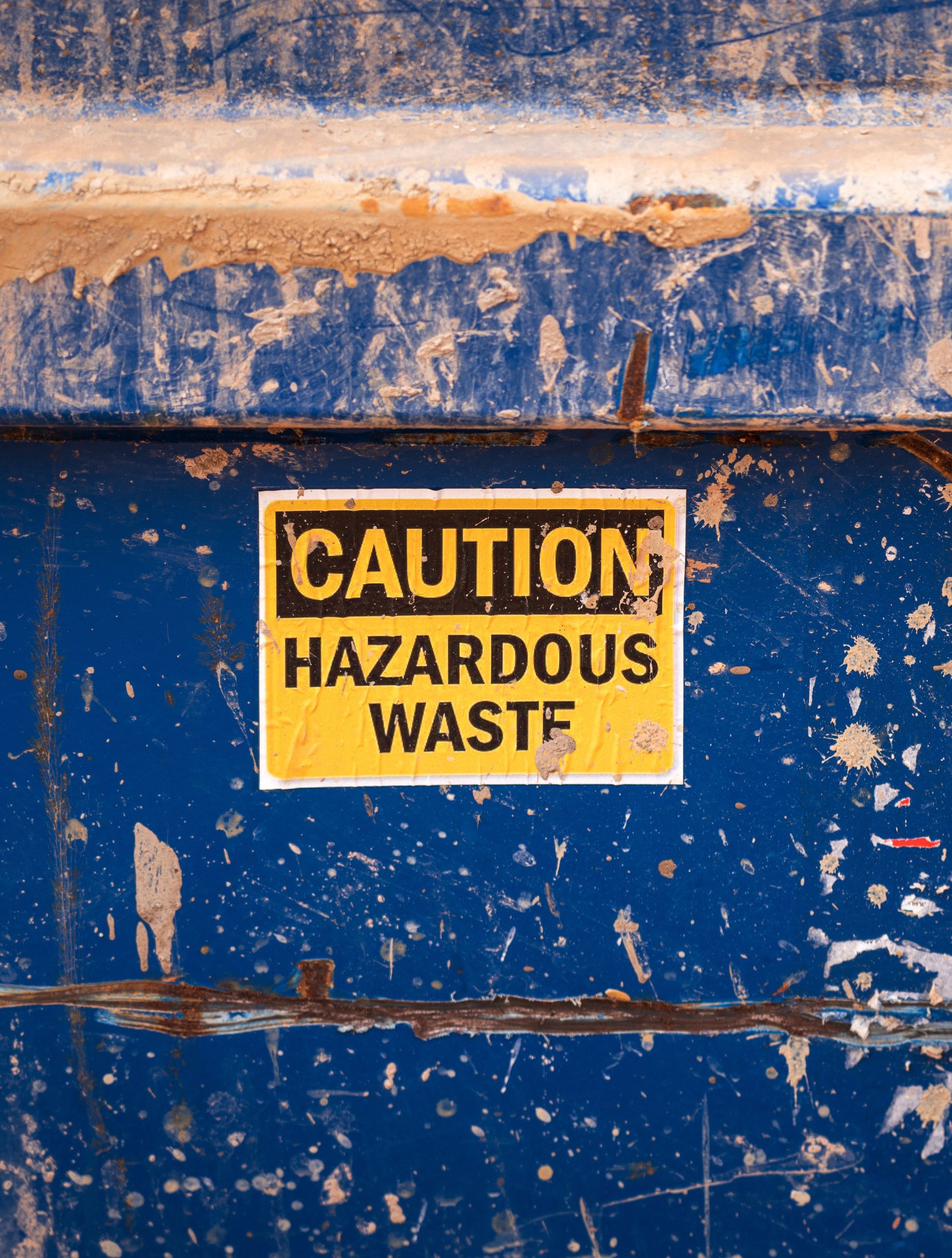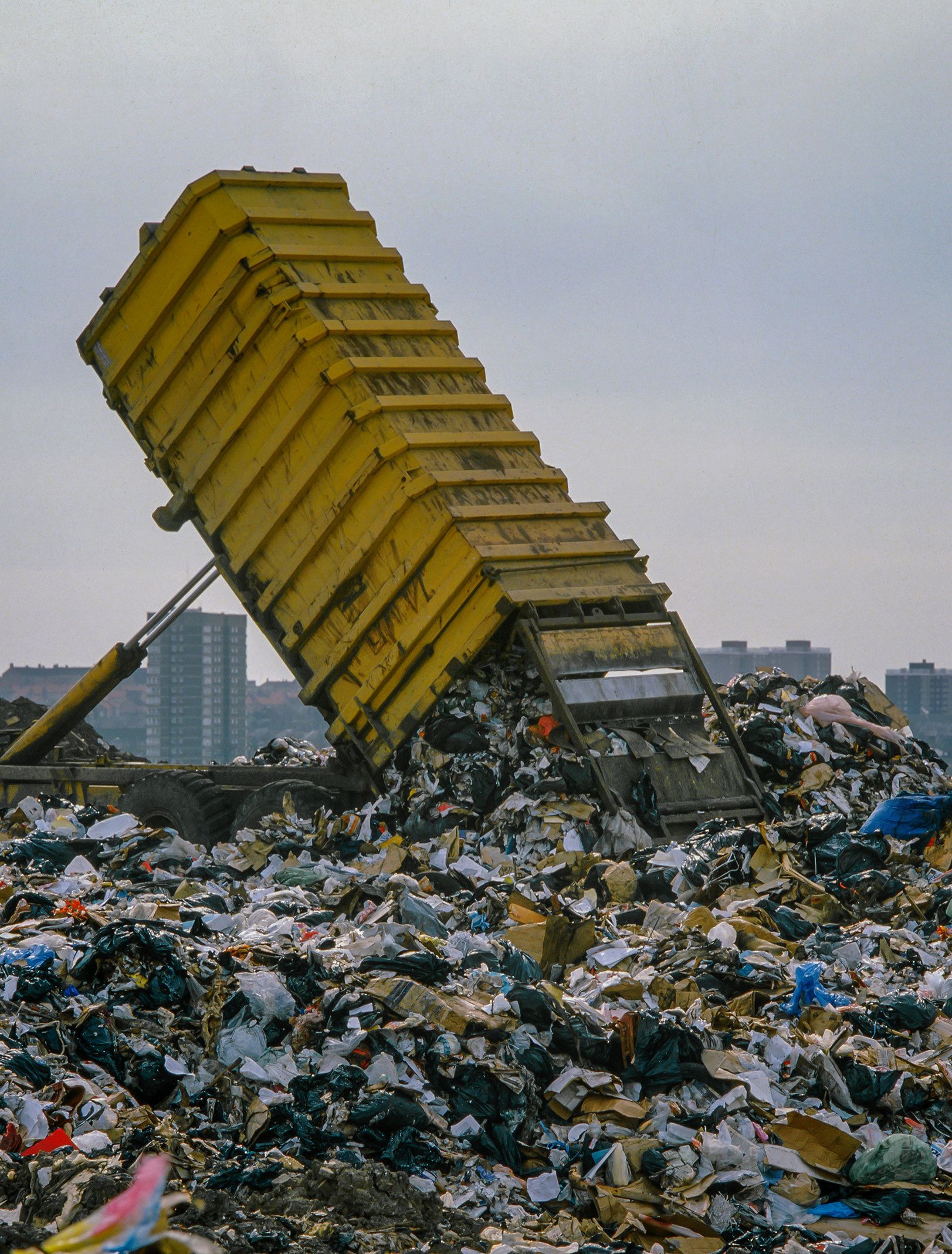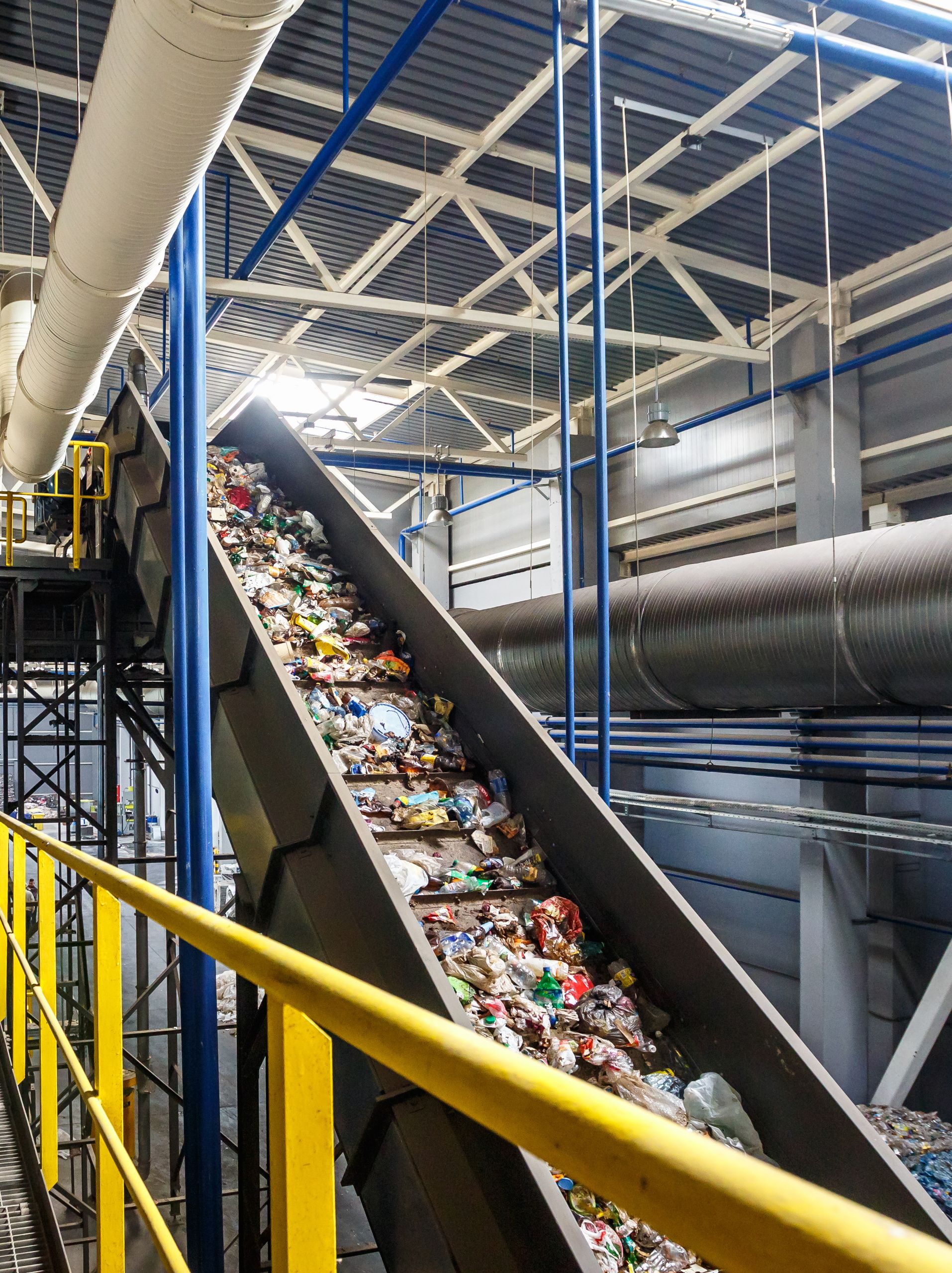Waste removal is a cornerstone of modern society, responsible for maintaining the cleanliness of our communities and safeguarding the environment. In the United Kingdom, this vital process is governed by a comprehensive set of regulations and laws, carefully crafted to control, monitor, and mitigate the impact of waste on public health and our surroundings. In this blog post, we’ll delve deeper into the world of waste removal regulations in the UK, offering a more comprehensive understanding of the legal framework and your responsibilities within it.
The Duty of Care:
Central to waste removal regulations in the UK is the principle of “Duty of Care.” This legal obligation extends to all parties involved in waste generation, handling, or management.
Essentially, it mandates that waste must be controlled and managed responsibly throughout its entire lifecycle, from the moment it’s generated to its ultimate disposal. This includes secure waste storage, the use of registered waste carriers, and meticulous documentation for every waste transfer.

Waste Carriers and Brokers:
In the UK, to transport waste, you must be a registered waste carrier. These individuals and companies are pivotal in the waste removal process, ensuring that waste is transported safely and disposed of in compliance with the law.
Additionally, waste brokers, who facilitate the collection and disposal of waste, must also be registered. This registration system serves a dual purpose: it facilitates the traceability of waste and acts as a deterrent against illegal fly-tipping.

Waste Transfer Notes:
A cornerstone of waste removal regulations is the use of Waste Transfer Notes (WTNs). These legal documents are used to meticulously record the transfer of waste from one party to another. Comprehensive WTNs contain crucial information about the waste, including its type, quantity, and destination.
The completion of WTNs isn’t just a best practice; it’s a legal requirement, ensuring transparency and accountability throughout the waste disposal process.

Hazardous Waste:
Hazardous waste presents unique and substantial risks to human health and the environment. In recognition of these dangers, the UK imposes even more stringent regulations on the management of hazardous waste.
Businesses responsible for generating hazardous waste must adhere to specific guidelines governing its collection, storage, and disposal. Failure to comply can result in severe penalties, making strict adherence to these regulations paramount.

Landfill Regulations:
Environmental sustainability is at the forefront of the UK’s waste management goals, leading to a tightening of landfill regulations. Certain types of waste, such as tyres and asbestos, are no longer accepted at landfill sites.
In response, businesses and individuals are encouraged to explore alternative waste disposal methods, including recycling and energy recovery, in line with the country’s commitment to reducing landfill waste.

Recycling and Waste Reduction Targets:
The UK government has set ambitious targets for recycling and waste reduction. Local authorities and businesses are required to actively contribute to these objectives by promoting recycling and reducing the volume of waste destined for landfill.
Familiarising yourself with these targets can empower you to make informed choices, whether you’re an individual or an organisation, thereby aiding in the creation of a cleaner, safer, and more sustainable future for the UK.

Conclusion:
Waste removal regulations in the UK are a robust framework designed to protect our environment, public health, and communities. It’s not only essential but a legal responsibility for individuals and businesses to acquaint themselves with these regulations and fully comply with them. Non-compliance can lead to significant legal consequences, including fines and penalties. By embracing and adhering to these waste removal regulations, we can all actively participate in the endeavour to build a cleaner, safer, and more sustainable future for the United Kingdom.

